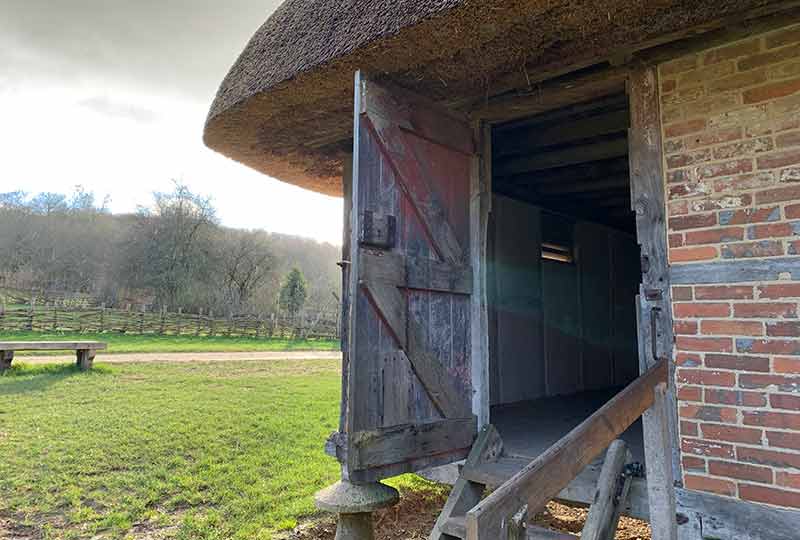
Introduction to Building Conservation
The Course
This course will give students a basic understanding of the practice of building conservation in the UK today. It will set it in the context of the historic environment and deal with its origins, philosophy, relevant legislation and how conservation practice operates in the planning system. The course is aimed at building owners, members of residents’ or amenity organisations, contractors, and other built environment professionals who have some experience of historic buildings but want to know more about what conservation is all about.
Introduction & History
- The importance of the historic environment and building conservation
- The role of different professionals
- The history of building conservation from antiquity to the twenty first century
Conservation Philosophy
- Influence of the Society for the Protection of Ancient Buildings
- International charters and conventions
- Historic England’s Conservation Principles
Legislation, Policy & Guidance
- The legislative framework in England in relation to listed buildings and conservation areas
- The National Planning Policy Framework and Historic England Advice
- Local plans and policies; other standards and regulations
Policy into Practice
- Understanding Significance and use in Heritage Statements and Conservation Plans
- Relevant Organisations
- Further Advice and Information
The Tutor
David McDonald is a heritage consultant, specialising in training other built environment professionals. He was, until late 2011 Conservation and Design Team Leader at the Royal Borough Kensington, a post he held for over twenty years. David previously worked as a town planner at the London Borough of Camden during which time he completed the Diploma in Conservation at the Architectural Association. Formerly a member of the Association of Conservation Officers, he joined the IHBC at its inception and has been Chair of its London Branch since 2004. David is currently the president of the IHBC.
Participant Information
No special clothing or equipment is required for the course. Participants might wish to bring a notepad or paper.
Fee & Refreshments
£95 per person, to include all tuition, teas, coffees and a light lunch.







